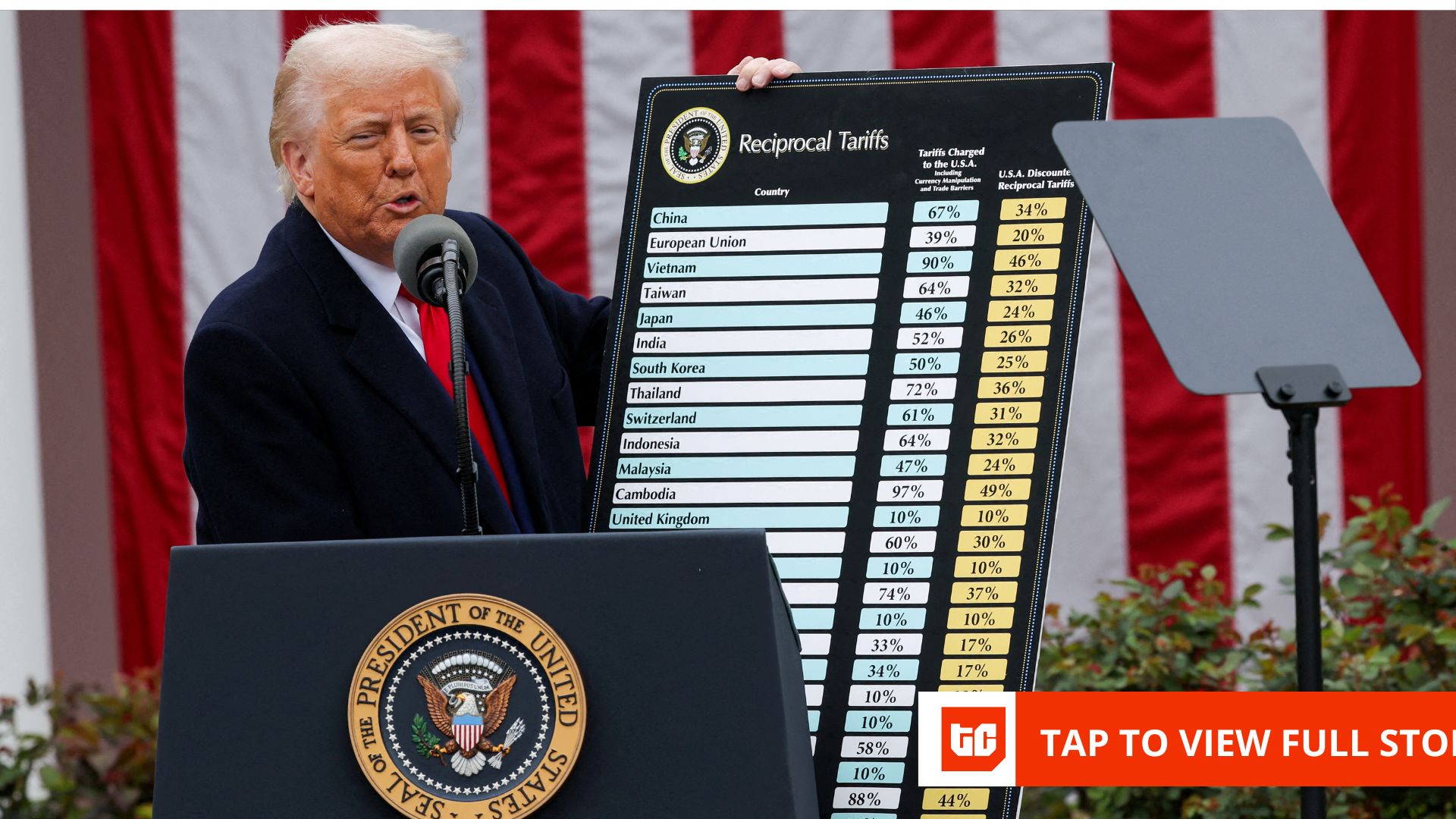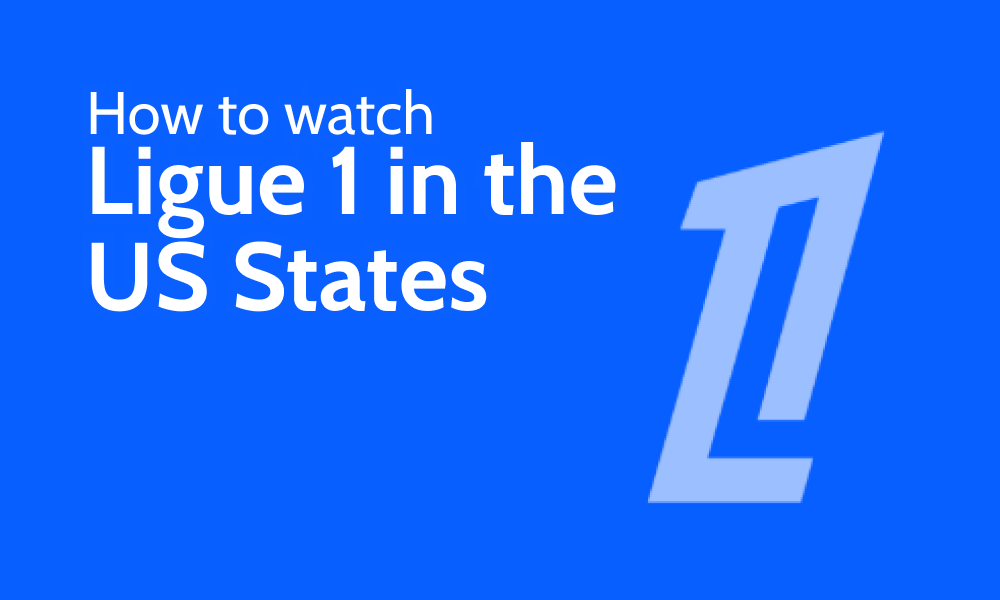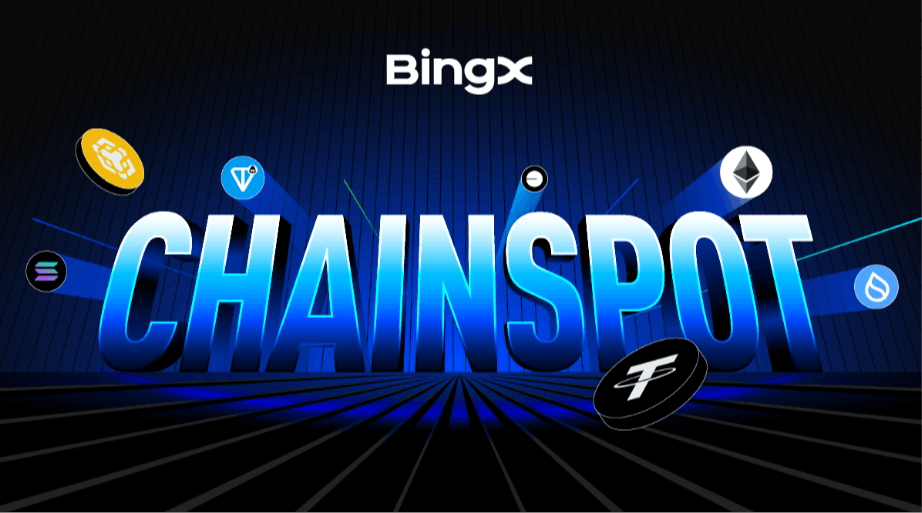Telecom operators in Nigeria remain largely unaffected by the 14% tariff on Nigerian exports introduced by U.S. President Donald Trump. The reason is simple: the sector is import-driven, relying on equipment and infrastructure from China, the U.S., and parts of Europe.
“It won’t affect the industry much because the operators import everything they use directly. They don’t export,” said Tony Emoekpere, President of the Association of Telecommunication Companies of Nigeria (ATCON), which represents internet service providers, tower companies, and data centre operators.
However, the broader economic ripple effects of this trade policy may still pose indirect challenges. Shifts in foreign exchange earnings, inflation, and consumer spending patterns could impact telecom operators’ ability to manage rising operational costs and maintain service affordability.
“There is no hardware that we export, but there might be issues with charging international calls by local operators. If the VAT on calls in the US increases, local operators will need to adjust to the rates,” said Gbenga Adebayo, President of the Association of Licensed Telecommunication Operators of Nigeria (ALTON), an industry group representing the biggest operators, including MTN Nigeria, Airtel Nigeria, Globacom, and 9mobile.
After years of advocating for cost-reflective pricing, telecom operators in Nigeria recently raised service tariffs in response to soaring operational costs driven by inflation and a weakened naira. The tariff hike is intended to support investments in improved service quality. That goal, however, could have been compromised if the 14% U.S. export tariff introduced under the Trump administration had directly affected telecom operations.
However, the 14% tariff is directed at non-oil exports. The U.S. is the second-largest buyer of Nigerian exports, with transactions amounting to ₦1.6 billion as of Q3 2024 and representing around 8.25% of total exports, according to data from the National Bureau of Statistics (NBS). While crude oil exports remain exempt, reduced inflows from non-oil exports could further strain Nigeria’s already volatile foreign exchange reserves. This, in turn, may increase the cost of importing telecom infrastructure, priced in foreign currencies.
The U.S. tariff on Nigerian goods would make exports more expensive and less competitive, reducing demand in key sectors like oil, agriculture, and manufacturing. This could shrink foreign exchange earnings, further devalue the naira, and drive inflation. With rising costs and weaker consumer spending, telecom operators face growing pressure on revenue and profitability.
Nigerian telecom operators recently implemented a 50% tariff hike to offset rising costs and maintain service delivery. While this move aims to encourage quality network provision and infrastructure investment, it has triggered consumer pushback over affordability. A further deterioration in economic conditions due to the U.S. export tariff could heighten this backlash as households reprioritise their spending.
Despite recent tariff hikes, many Nigerian users still experience poor network quality and minimal service improvements. This disconnect, alongside rising economic pressures, may limit telecom operators’ capacity to reinvest in infrastructure. In a highly price-sensitive market, maintaining profitability while delivering better service will require a careful balance between cost recovery and customer retention.
While Nigeria’s telecom sector seems unaffected by the direct effects of the U.S. export tariff, the indirect consequences pose significant risks that require careful planning and policy support. Fortunately for the industry, the Nigerian government is willing to negotiate with the United States










